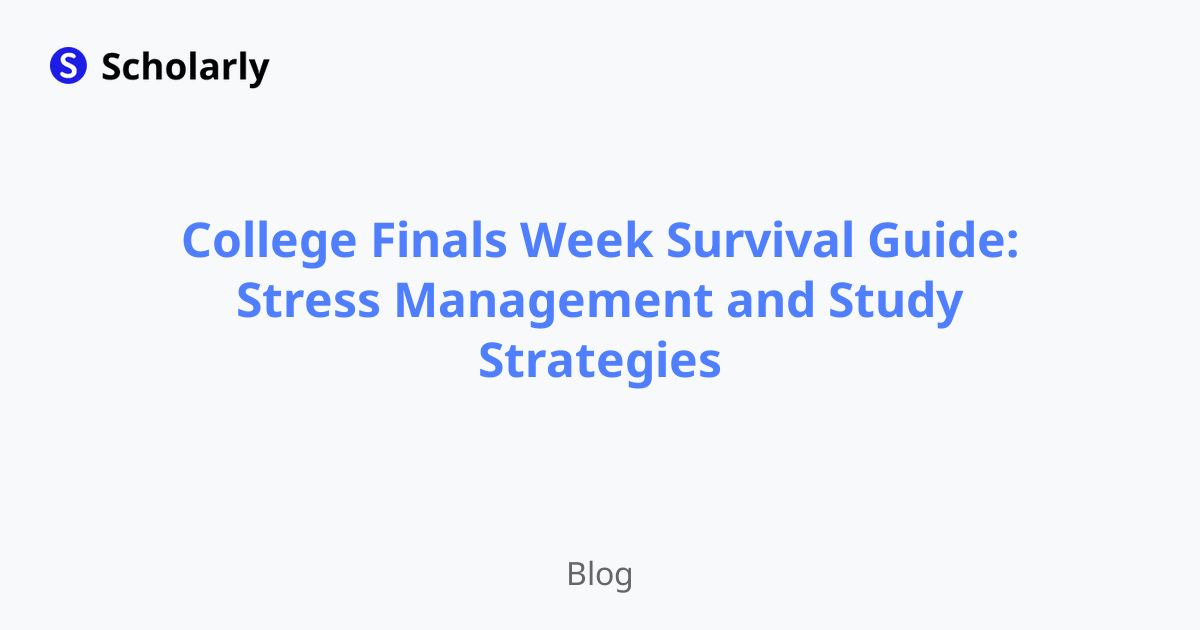College Dating and Relationships: Balancing Love and Studies
Navigate college relationships successfully while maintaining academic focus. Learn how to balance romance, friendship, and academic goals for a fulfilling college experience.

Introduction
College relationships present unique challenges and opportunities. Whether navigating casual dating, serious partnerships, or long-distance relationships, students must balance emotional needs with academic goals and personal growth. This guide provides practical strategies for building healthy relationships while maintaining focus on your education and future.
Methods
1. Healthy Relationship Foundations
Communication Skills:
- Express needs and boundaries clearly
- Practice active listening and empathy
- Address conflicts directly rather than avoiding them
- Respect differences in communication styles
Time Management:
- Set study time boundaries that both partners respect
- Plan quality time together that doesn't interfere with academics
- Maintain individual friendships and interests
- Coordinate schedules around major academic commitments
2. Managing Different Relationship Types
Casual Dating:
- Be honest about intentions and expectations
- Respect others' academic priorities and time constraints
- Keep things light during high-stress periods like finals
- Focus on fun, low-pressure activities
Serious Relationships:
- Support each other's academic and career goals
- Discuss future plans and how they align
- Create study partnerships while maintaining independence
- Plan for potential post-graduation changes
Long-Distance Relationships:
- Establish communication schedules that work for both parties
- Use technology creatively for virtual dates and shared activities
- Plan visits around academic calendars
- Maintain trust and independence
Benefits
- Emotional Support: Partners provide comfort during stressful periods
- Personal Growth: Relationships teach communication and compromise skills
- Shared Experiences: Creating memories and navigating challenges together
- Motivation: Healthy relationships can provide accountability and encouragement
Challenges
- Time Allocation: Balancing relationship time with studies and other commitments
- Academic Interference: Relationship drama affecting focus and performance
- Social Pressure: Expectations from friends or family about relationships
- Future Uncertainty: Planning for post-graduation changes and decisions
Conclusion
Successful college relationships require intentionality, communication, and respect for each other's goals. Whether dating casually or in a committed relationship, prioritize mutual support of academic and personal growth. Remember that college is a time for exploration and development—healthy relationships should enhance rather than hinder this process.
Try Our Popular AI Study Tools
Transform your study materials into interactive learning experiences with our most popular AI-powered tools:
PDF to Flashcards
Convert lecture notes and textbooks into study flashcards instantly
Text to Flashcards
Turn any text or notes into comprehensive flashcard sets
Image to Flashcards
Convert diagrams and handwritten notes into digital flashcards
YouTube to Flashcards
Generate flashcards from educational video content



